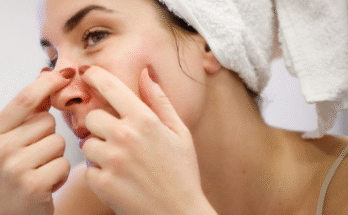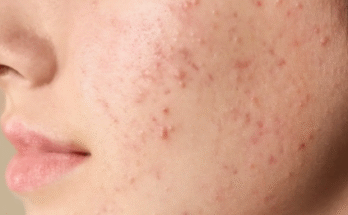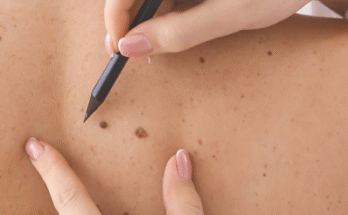Acne can be frustrating at any age, and finding gentle yet effective solutions is often a top priority for anyone dealing with breakouts. While daily cleansing and consistent skincare routines help, facial masks are a wonderful way to give your skin some extra care. They can target acne, soothe irritation, and promote a clearer, healthier-looking complexion. The key is choosing masks that contain ingredients known for their acne-fighting properties while still being kind to the skin.
One of the most popular options is a clay mask. Clay has been used for centuries as a natural way to purify the skin. Ingredients like bentonite and kaolin clay are especially helpful because they draw out excess oil and impurities that can clog pores. For those with oily or combination skin, clay masks can make the skin feel refreshed and balanced without being overly harsh. Applying a clay mask once or twice a week can help minimize shine and reduce the chance of breakouts forming.
Another fantastic choice is a charcoal mask. Activated charcoal works like a magnet to pull out dirt, bacteria, and oil from deep within the pores. Many people find that these masks help their skin feel detoxified and clean. However, since charcoal can sometimes be drying, it is best paired with hydrating ingredients such as aloe vera or hyaluronic acid. This balance makes it effective without leaving the skin tight or uncomfortable.
Sulfur-based masks are also gaining popularity for treating acne. Sulfur has natural antibacterial and anti-inflammatory properties, which makes it effective in reducing redness and preventing new blemishes. It works by helping to dry out existing pimples while still being gentler than some strong acne treatments. For people with sensitive skin, sulfur can be a suitable alternative to harsher ingredients like benzoyl peroxide.
For a soothing yet powerful option, masks containing tea tree oil are highly regarded. Tea tree oil is a natural ingredient known for its antimicrobial benefits, and when used in a mask, it can help calm inflammation and reduce acne-causing bacteria. Combined with calming botanicals such as chamomile or green tea extract, these masks not only target breakouts but also help reduce irritation and redness.
Exfoliating masks with gentle acids, such as salicylic acid or lactic acid, are another great tool in acne care. Salicylic acid penetrates the pores to clear out oil and debris, while lactic acid provides a mild exfoliation that smooths the surface of the skin. These masks help prevent clogged pores, which are the starting point of many breakouts. The trick with exfoliating masks is moderation; using them once a week is usually enough to see results without over-exfoliating.
Natural and homemade-inspired masks can also be effective if chosen wisely. Honey masks, for example, are known for their soothing and antibacterial qualities. Raw honey can help calm inflamed skin and promote healing, making it a gentle choice for anyone experiencing both acne and sensitivity. Similarly, masks containing oatmeal are wonderful for calming irritation and redness while providing light exfoliation.
When selecting the best facial mask for acne, it is important to consider your skin type. What works for oily skin may not be ideal for dry or sensitive skin. Always read ingredient lists carefully and perform a small patch test before trying a new mask to ensure it does not cause irritation. Consistency matters as well; using a mask occasionally will not deliver the same benefits as incorporating it regularly into your skincare routine.
In addition to facial masks, maintaining overall healthy habits plays a big role in keeping acne under control. Staying hydrated, eating a balanced diet, and practicing good skincare hygiene all contribute to clearer skin. Masks are an excellent complement to these daily habits, offering an extra boost when your skin needs a little help.
Facial masks are not a one-size-fits-all solution, but when chosen carefully, they can make a noticeable difference in the fight against acne. Whether you prefer clay, charcoal, sulfur, tea tree, or soothing natural options like honey, the right mask can help reveal a calmer, clearer, and more confident you.


